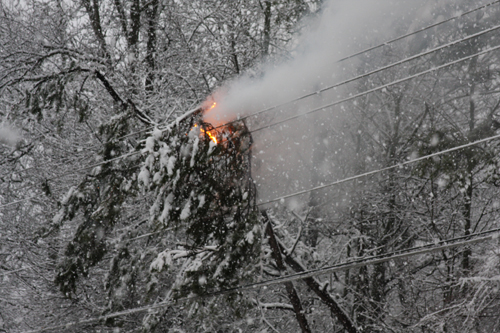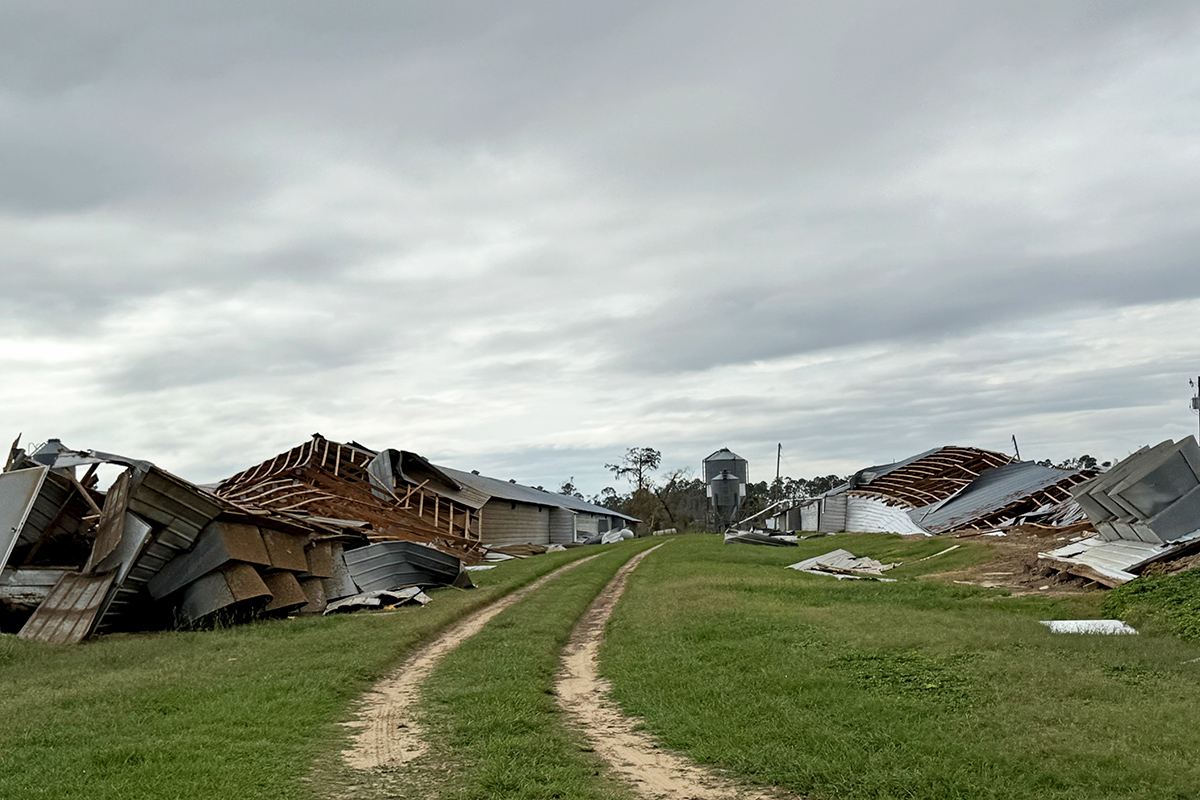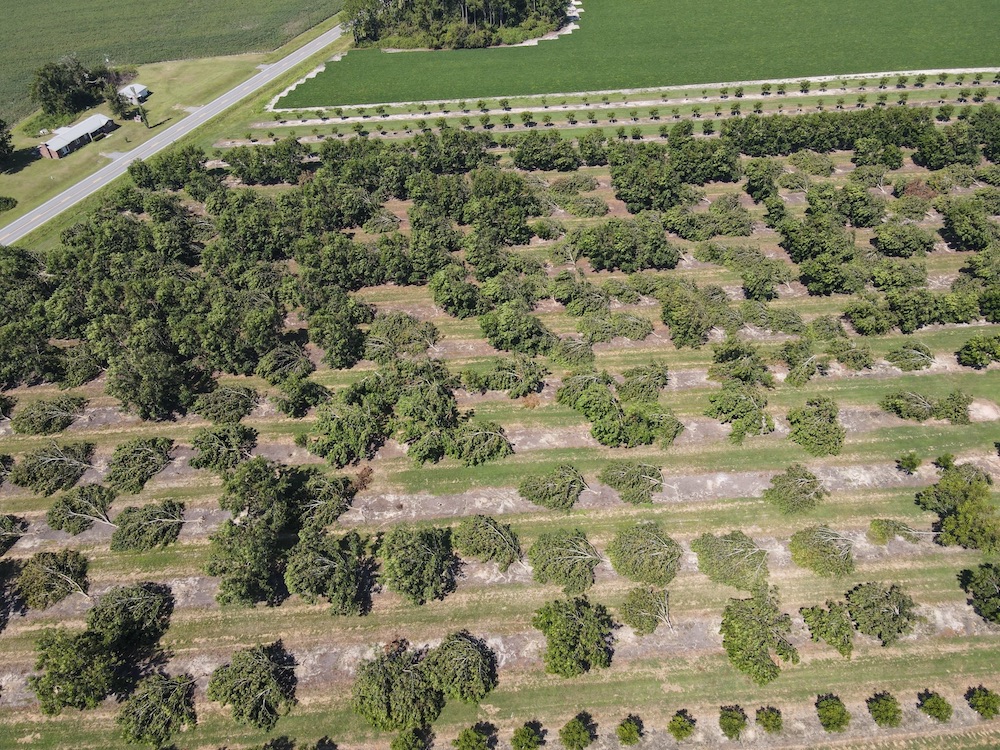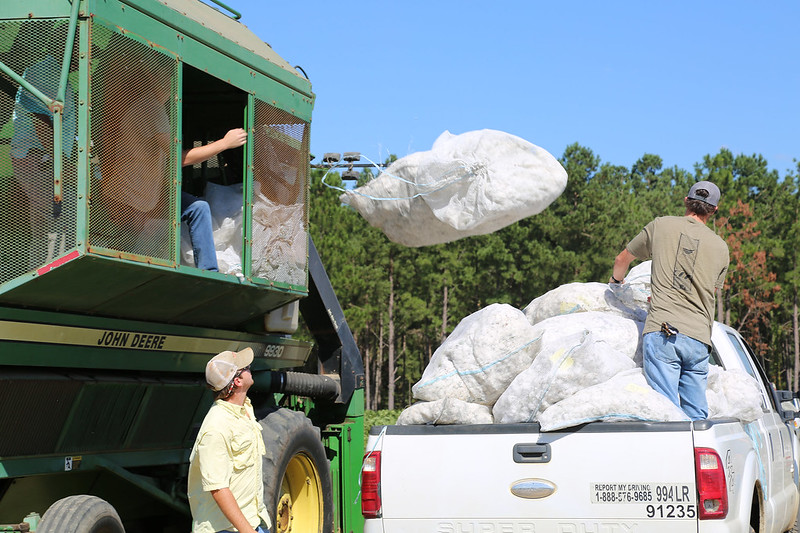Many Georgians were surprised to start their new year with a major winter storm. But bad weather can strike the state at any time. People need to be prepared, says the state climatologist.
Snow, tornadoes, floods and hurricanes threaten Georgians each year. Georgia's state climatologist David Stooksbury, an engineering professor with the University of Georgia College of Agricultural and Environmental Sciences, said to be prepared, buy a weather radio, ready a survival kit and purchase appropriate insurance.
Get a weather radio
The best way to stay informed of threatening weather is to have a National Oceanic and Atmospheric Administration, or NOAA, radio. A NOAA weather radio sounds an alarm and broadcasts up-to-date details about impending major weather. Buy one with the Specific Area Message Encoding, or SAME, technology. It can be programmed for particular counties.
“You can buy NOAA weather radios at most electronic stores and even some grocery stores,” Stooksbury said.
Prepare a survival kit
All Georgians should have an all-hazards kit. It may take days for help to arrive after a natural or man-made disaster, especially if roads are hazardous. And major events, like the winter storm that just swept through the state, can cut electrical power for days. So, prepare a kit with supplies that will allow you and your family to survive for three to seven days without electricity and clean running water. The most critical supply is at least one gallon of drinking water per person per day for at least three days. More water is needed for cooking and hygiene.
Besides water, the kit should include nonperishable foods, a hand-cranked can opener, first-aid kit, important papers, battery-powered radio, the NOAA weather radio, flashlight and extra batteries. A detailed list of recommended contents for an all-hazards kit is available at www.ready.gov/america/getakit/index.html.
Purchase insurance
“The entire state is vulnerable to impacts from tropical systems,” he said. “While storm surge along the coast and wind damage receive the most attention, inland flooding is a concern statewide, from the coastal plain to the mountains.”
Most homeowner insurance policies don’t include flood damage, so it is necessary to purchase an additional policy just to cover these damages. But most policies are fairly inexpensive. Just be sure to purchase a policy at least 30 days before you need it, so it has time to take effect.
Don’t forget tornadoes
“Tornadoes are always a risk in Georgia,” Stooksbury said. “While they are more common in the spring and fall, they can occur at any time.”
In the event of a tornado, seek shelter in a sturdy building. The lowest level away from windows is the safest place, he said. If one isn't around, lie down in a ditch or low spot where cars or trees won't blow on top of you. Don't stay in a car.








